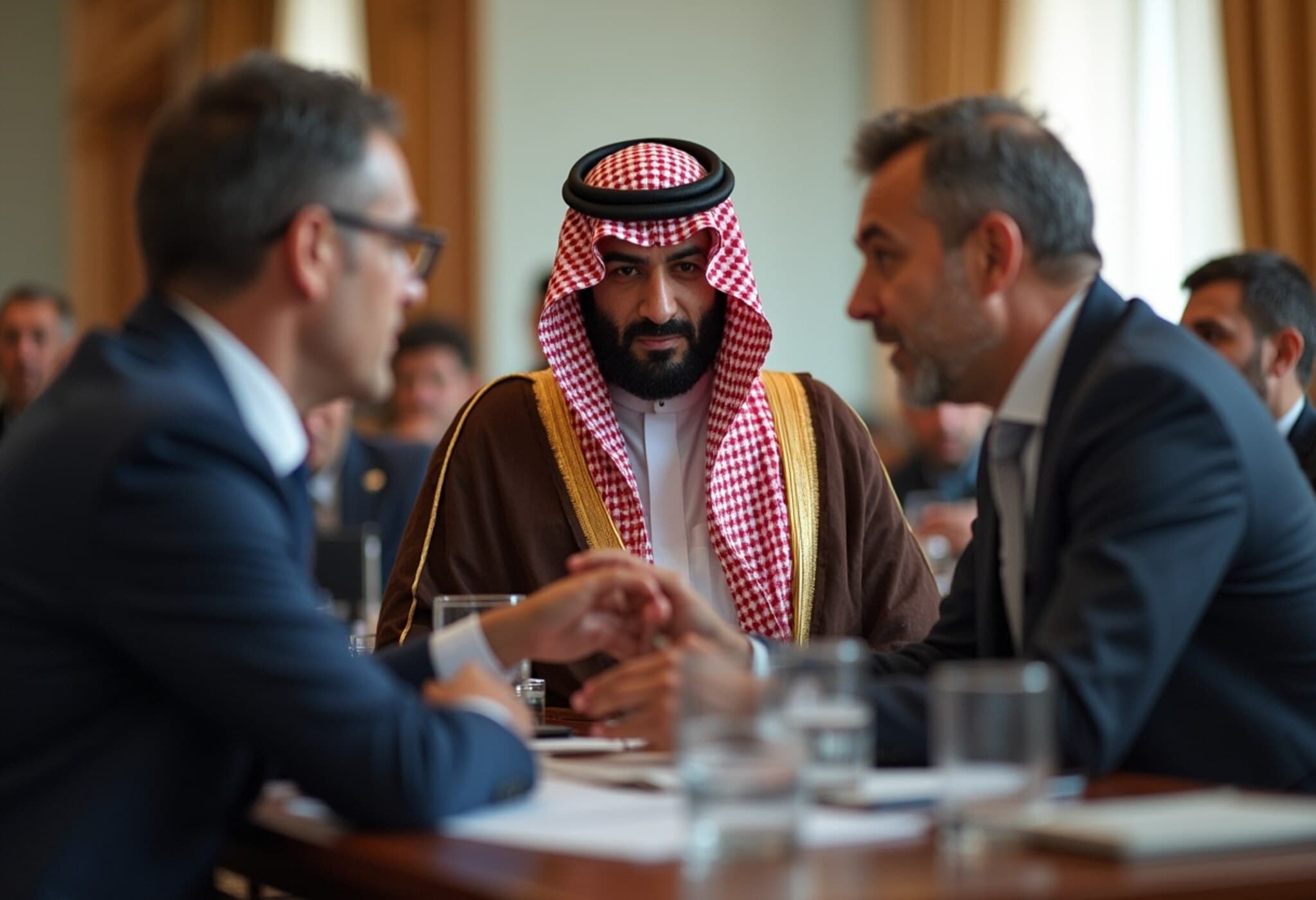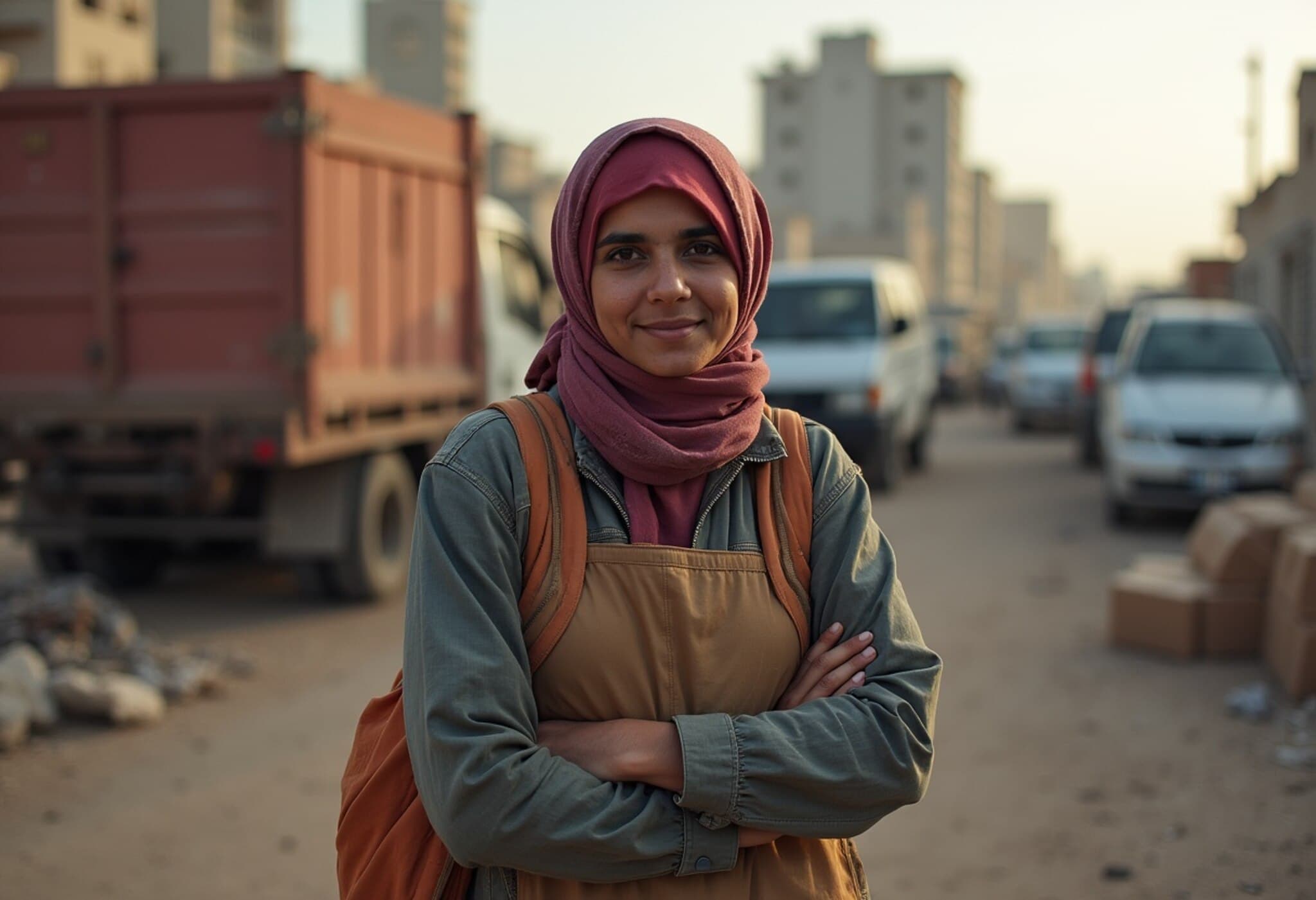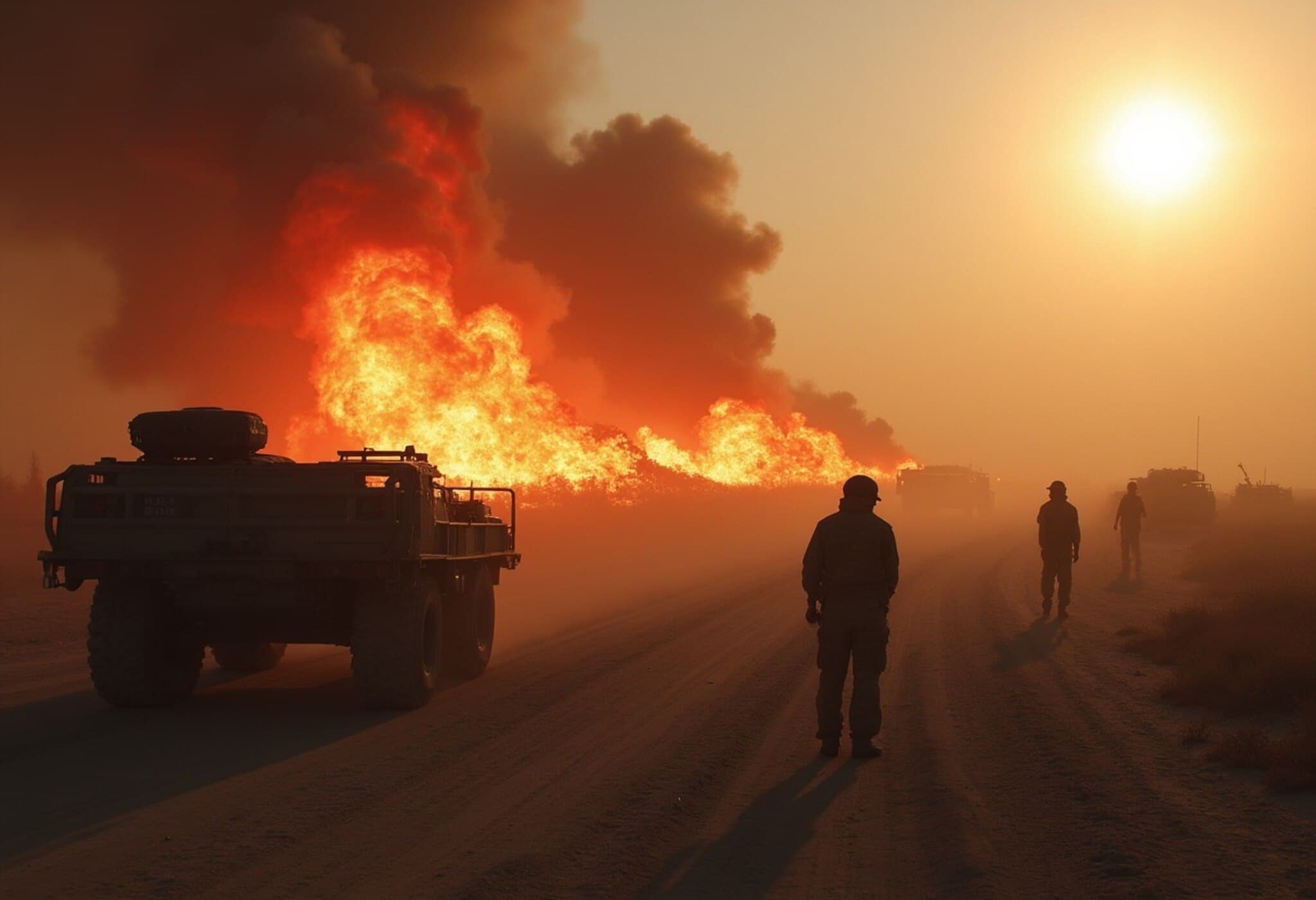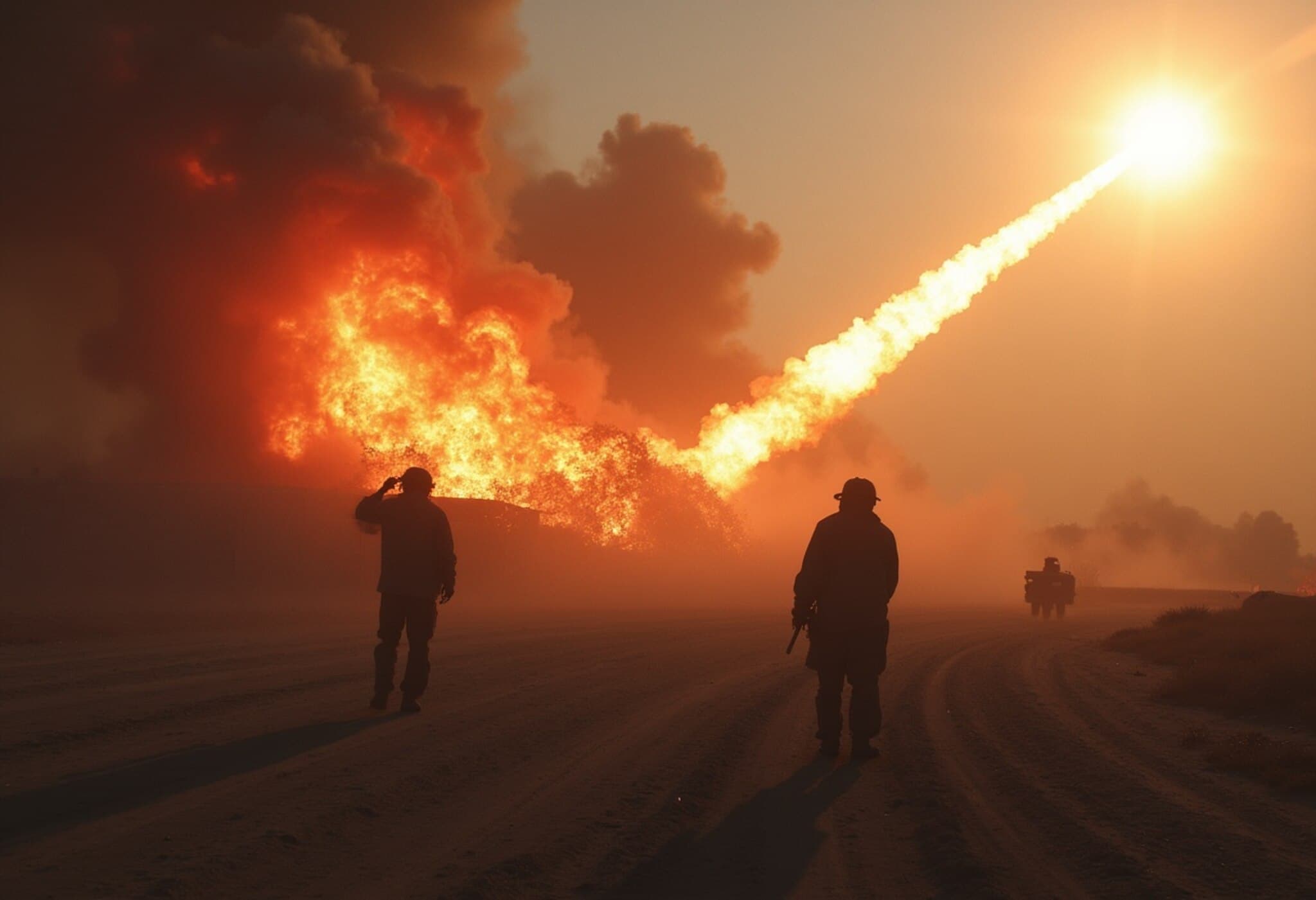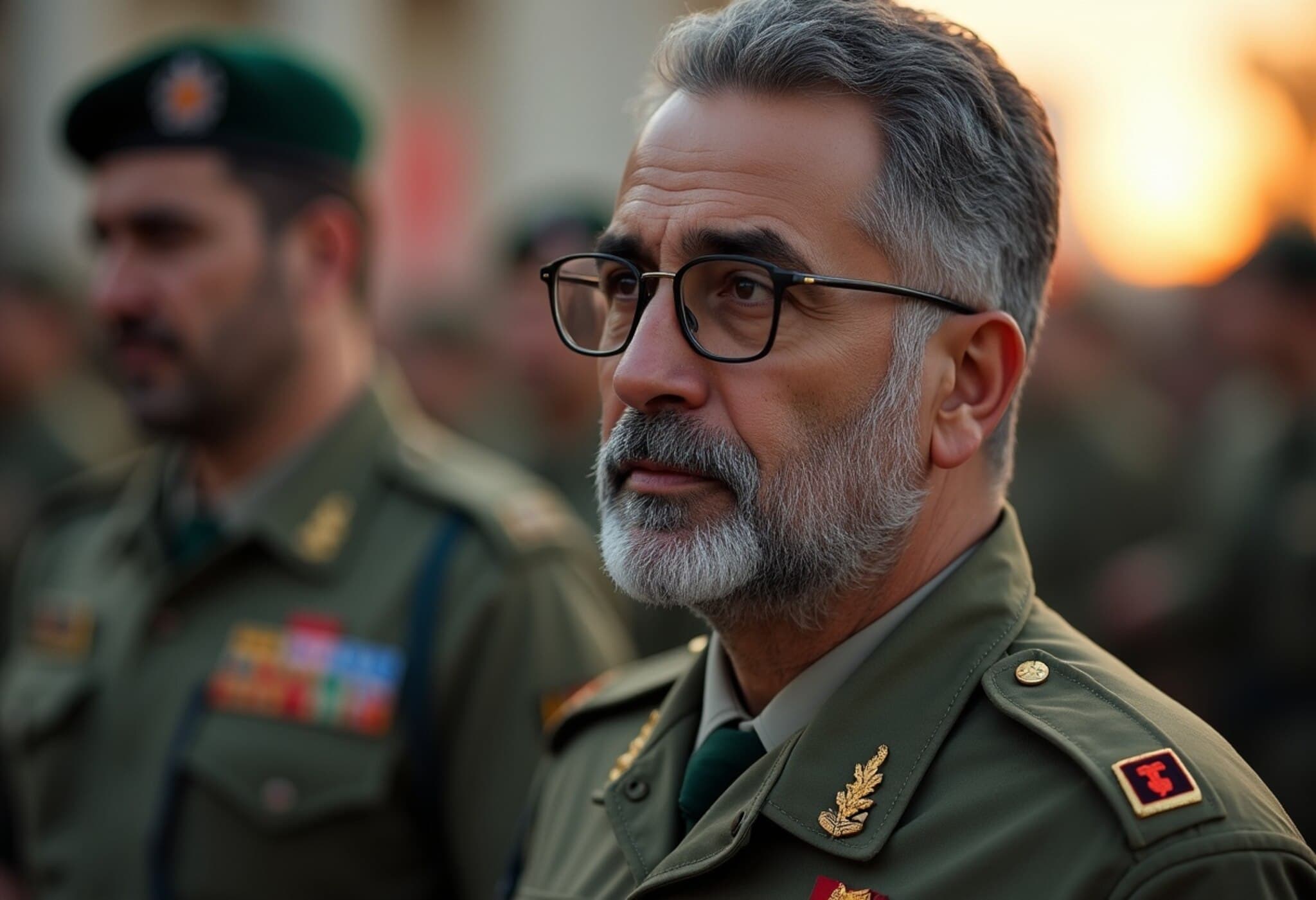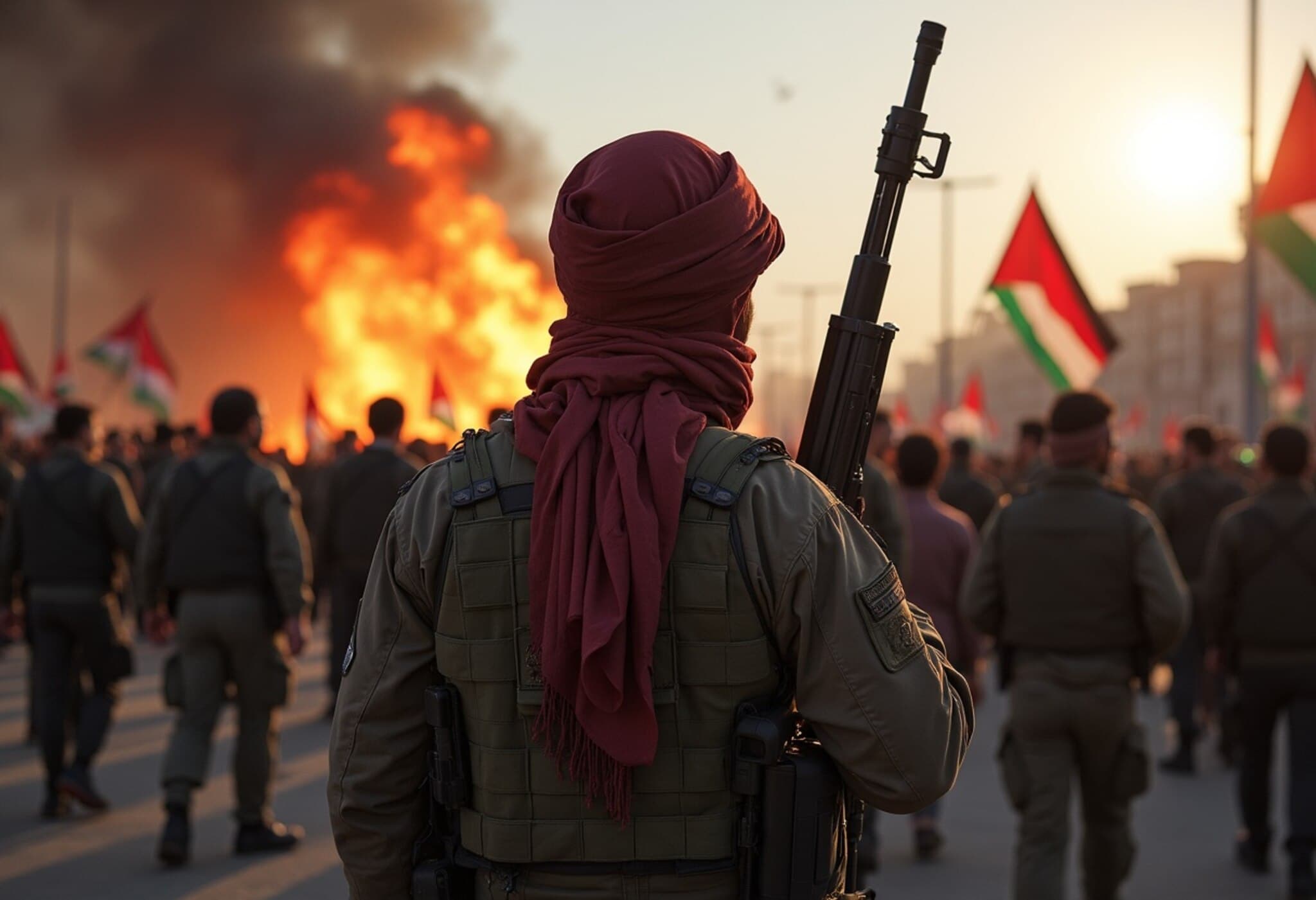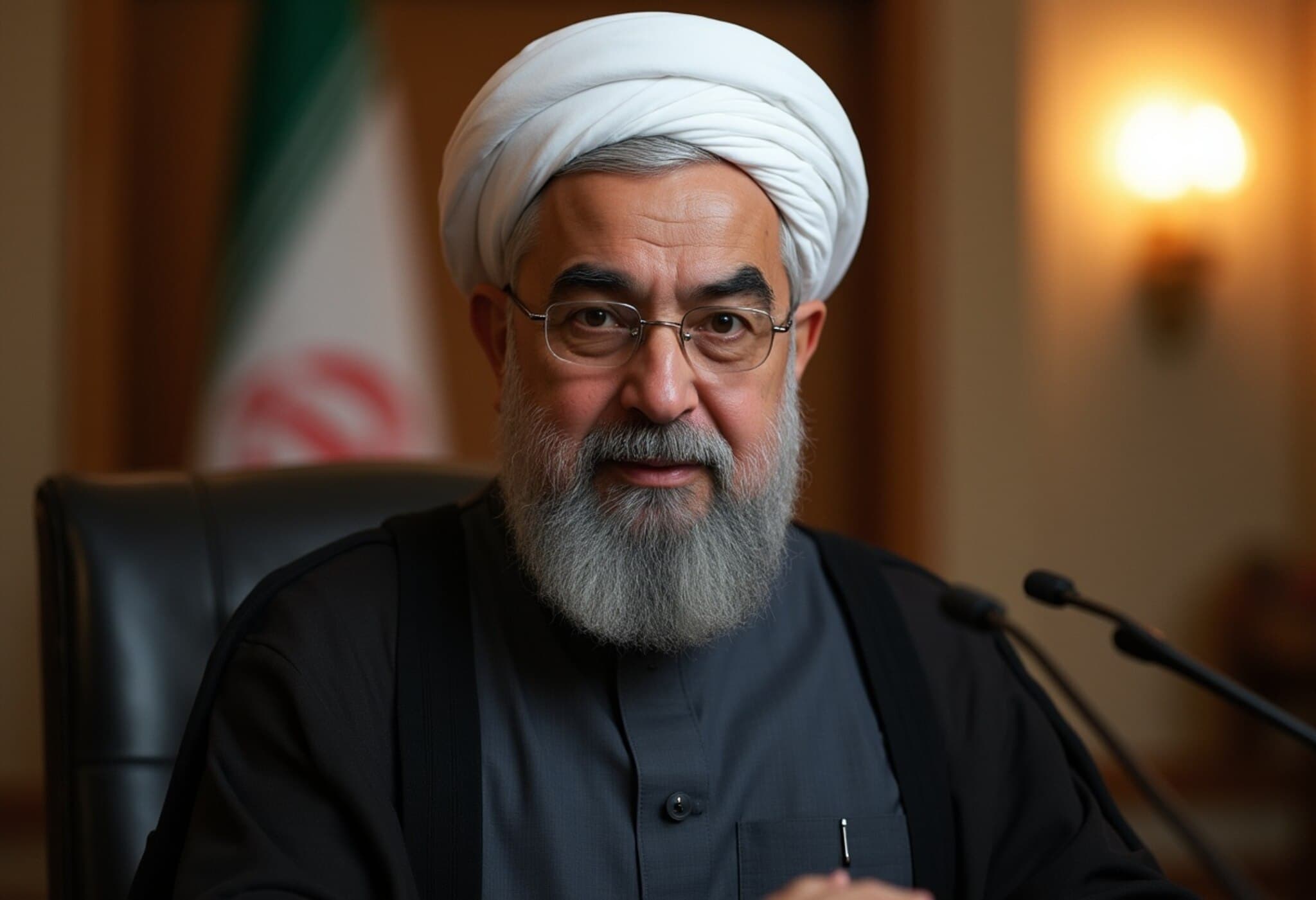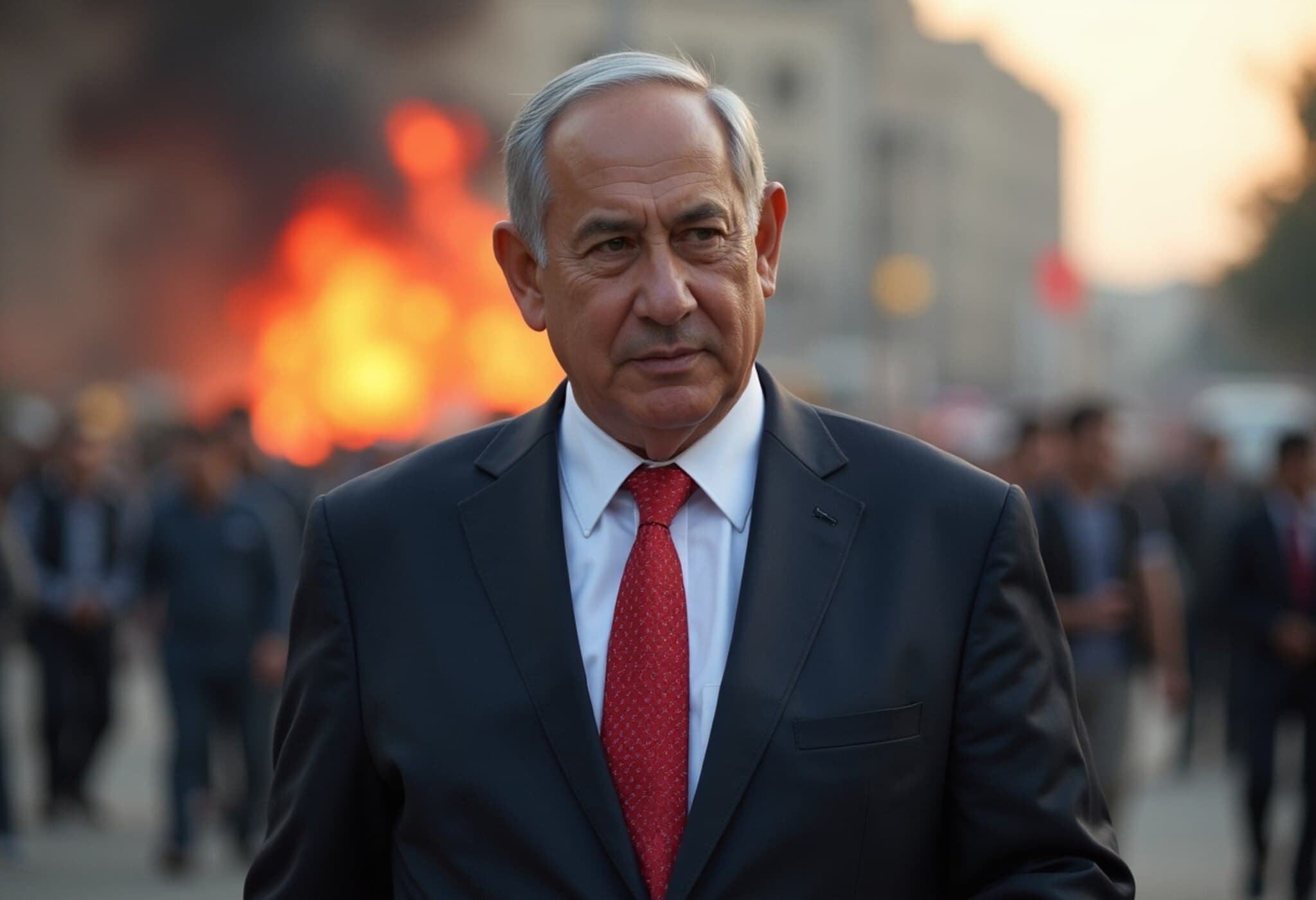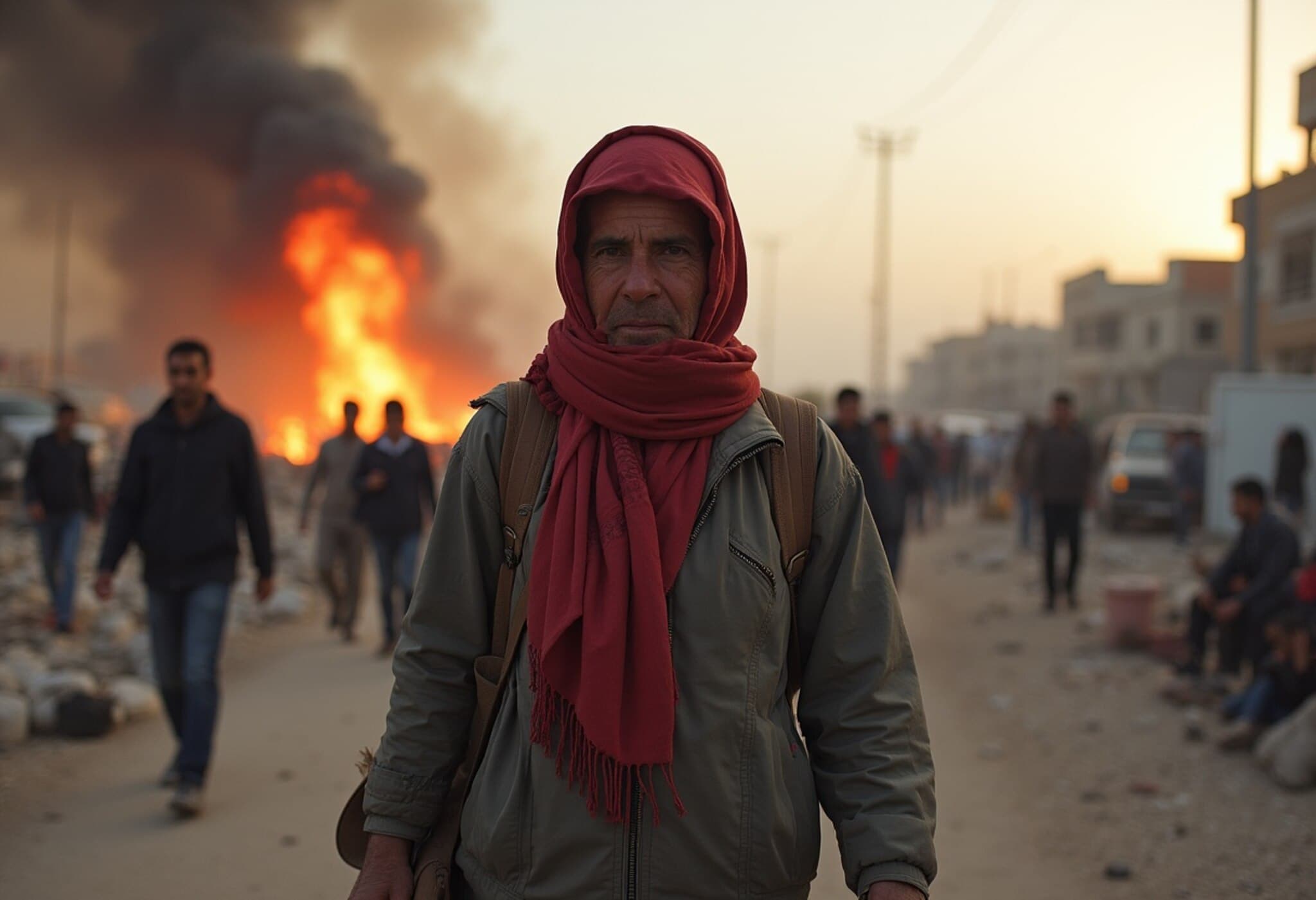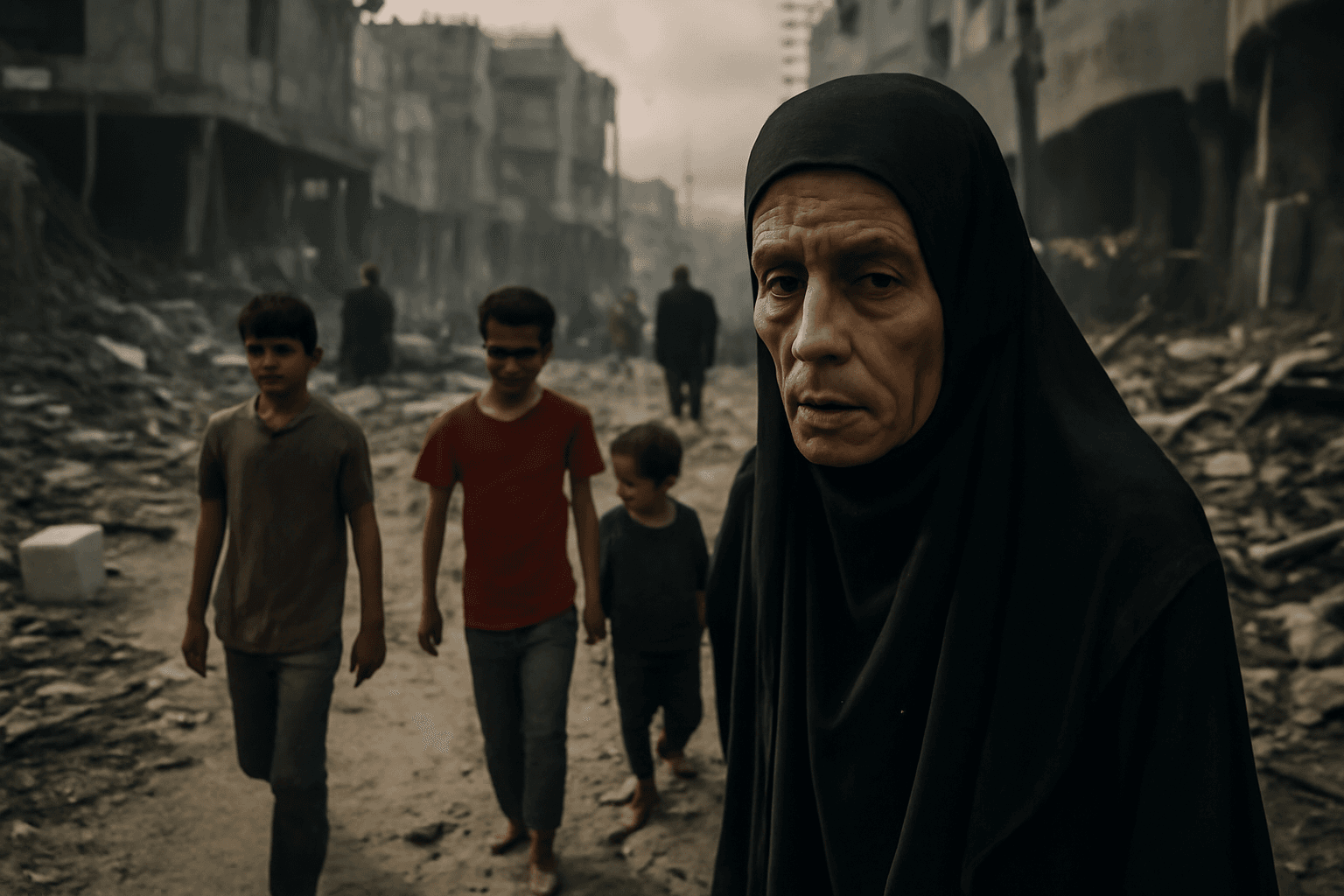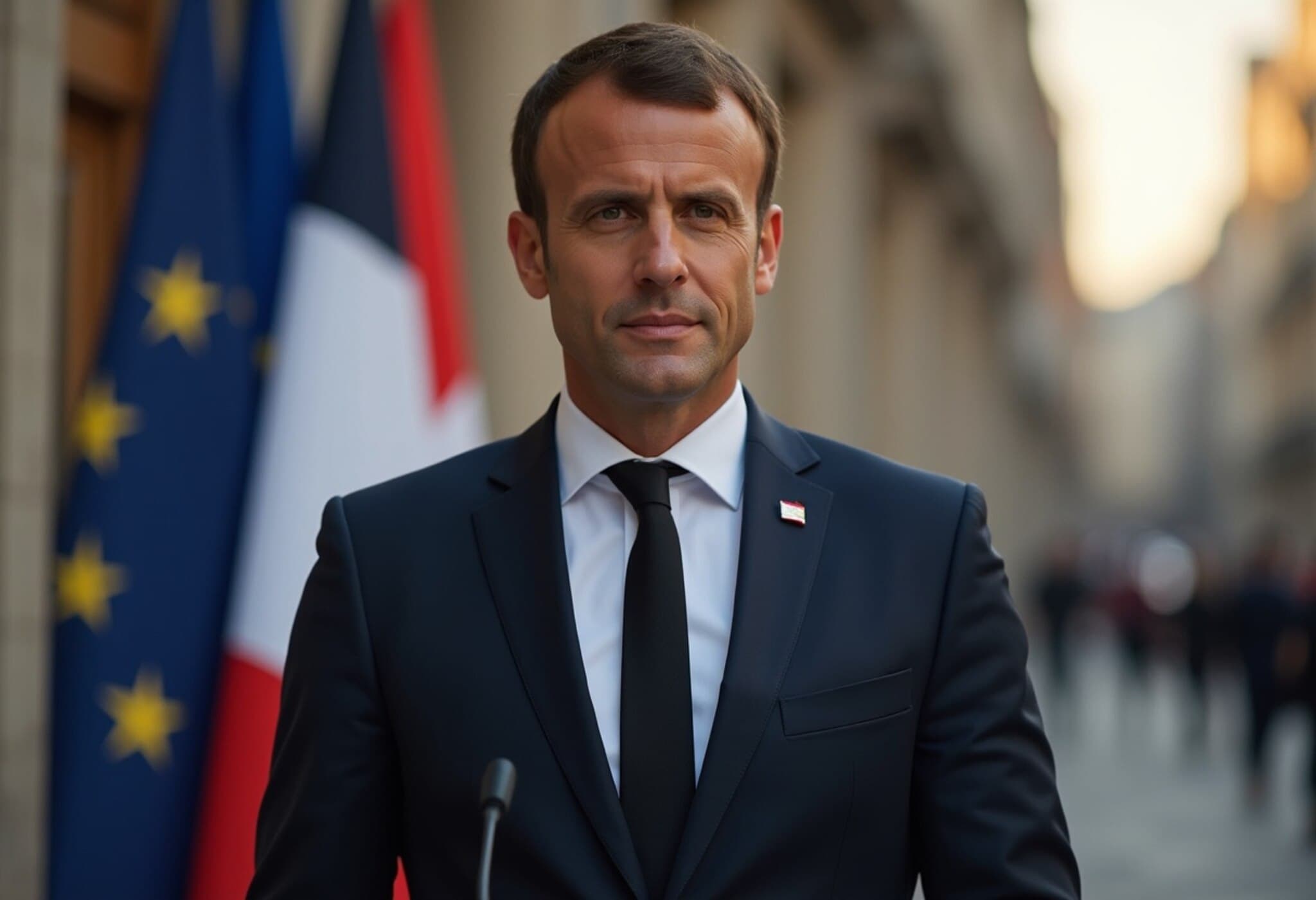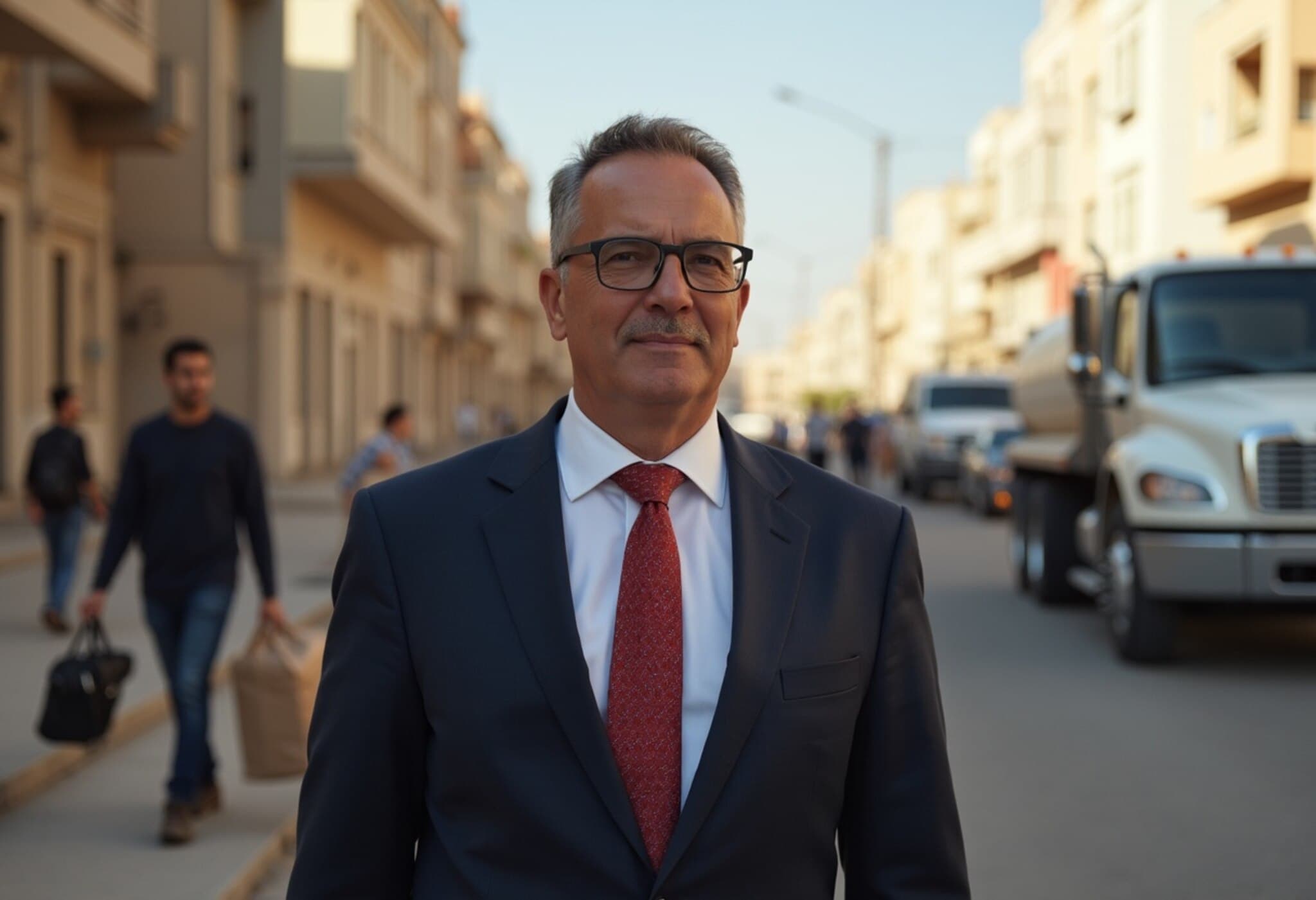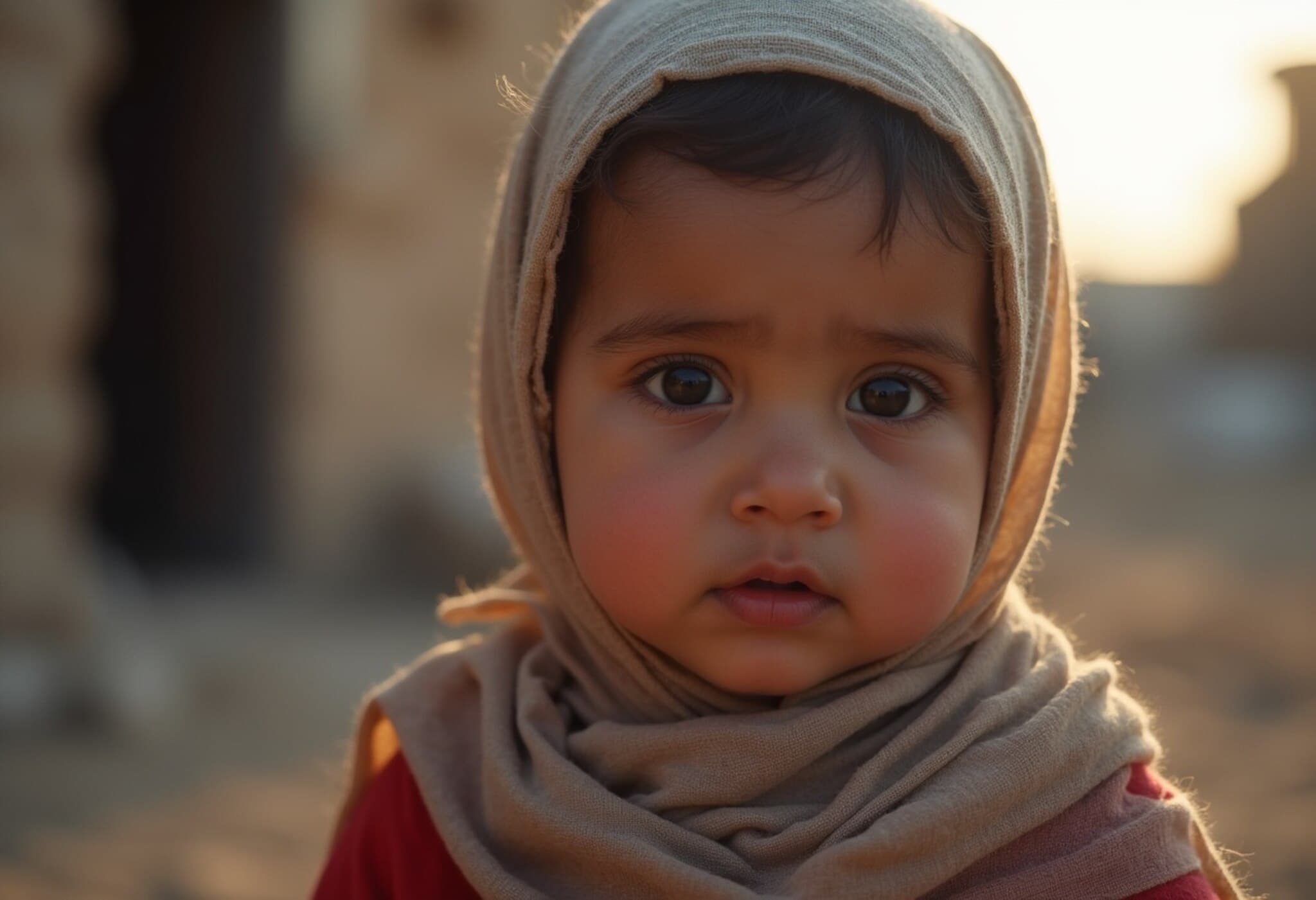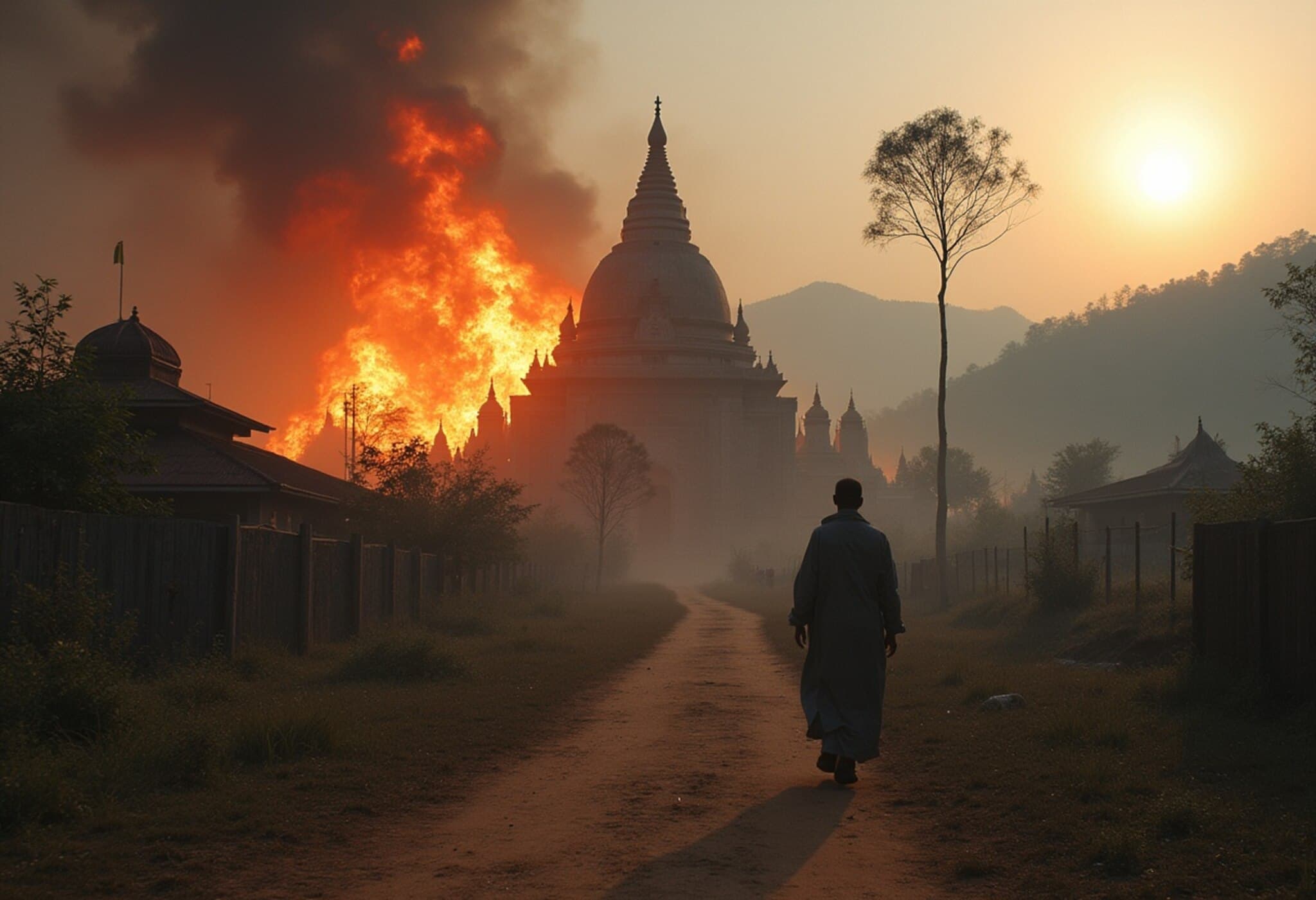UN Conference Aims to Revive Israel-Palestine Peace Talks
After last month’s unexpected postponement linked to rising regional tensions, the United Nations conference focused on the enduring Israel-Palestinian conflict has been rescheduled for July 28 and 29, 2025. This pivotal gathering, co-hosted by France and Saudi Arabia, seeks to rekindle momentum toward a widely endorsed two-state solution, a cornerstone goal for international peace efforts.
Conference Background and Importance
Originally slated earlier this year, the summit was deferred following Israel's military action against Iran, which escalated regional instability and complicated diplomatic efforts. Now, with preparations back on track, diplomats anticipate renewed dialogue that could influence future policy directions not only in the Middle East but globally.
Why This Conference Matters
- Two-State Solution Focus: The conference emphasizes the creation of two sovereign states — Israel and Palestine — as a fundamental framework for peace, addressing decades of conflict and displacement.
- Franco-Saudi Collaboration: The joint hosting reflects a rare diplomatic alignment bridging Western and Arab stakeholders, underlining a shared commitment to stability.
- Regional Security Dynamics: The recent military tensions involving Iran underscored the fragile nature of Middle Eastern geopolitics, adding urgency to diplomatic engagement.
Expert Perspective: Challenges and Opportunities Ahead
From an American policy viewpoint, this conference emerges at a critical juncture when U.S. interests in the Middle East remain heavily tied to both security cooperation and humanitarian concerns. Analysts note that for the U.S. and international community, supporting such multilateral initiatives is essential for mitigating conflict spillover and promoting a balanced peace framework.
However, genuine breakthroughs will depend on addressing underreported barriers such as mutual trust deficits, political fragmentation within Palestinian leadership, and divergent regional interests. As seasoned diplomats caution, the path ahead requires patience and inclusive dialogue that extends beyond symbolic gestures.
Looking Beyond the Headlines
While seismic events often dominate headlines, it is the persistence of such conferences that sustain international focus on long-term peacebuilding. Yet, questions linger about the enforceability of agreements and how grassroots communities will be empowered to secure lasting peace.
What to Watch For
- Official communiqués and declarations emerging from the July sessions.
- Subsequent responses from key stakeholders, including Israel, Palestinian authorities, and regional powers.
- Potential shifts in U.S. and European Union diplomatic strategies tied to this forum.
Editor’s Note
This rescheduled UN conference represents more than just a diplomatic calendar update—it reflects the global community’s persistent effort to bring peace to one of the world’s most intractable conflicts. Observers should critically assess not only what is agreed in Geneva’s halls but also the practical steps taken on the ground. Will this conference mark a turning point for the Israel-Palestine conflict, or will entrenched divisions delay progress once again? The answers will unfold in the weeks ahead, but the world watches closely with a cautious hope.

